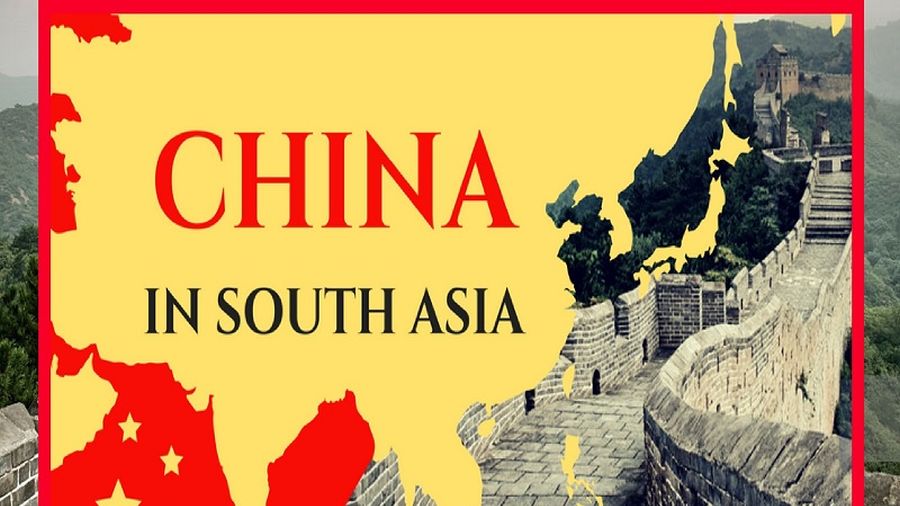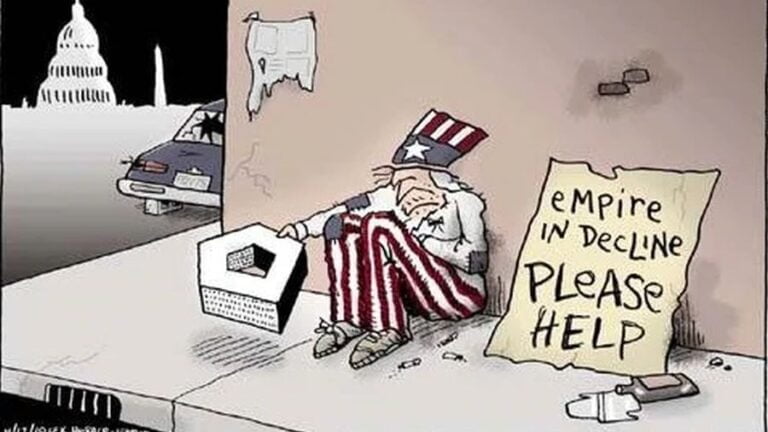The Chinese Foreign Minister’s South Asian Sojourn Was Historic
The extremely complicated international conditions brought about by the US-led West’s unprecedented response to Russia’s ongoing special military operation in Ukraine, which Moscow commenced to ensure the integrity of its national security red lines there, has made it more urgent than ever for truly neutral countries like China to work closer together with its likeminded South Asian partners in the interests of global peace.
Chinese Foreign Minister Wang Yi just completed what turned out to be an historic trip to South Asia. The only official item on his itinerary that the public was made privy about concerned his participation in the Organization of Islamic Cooperation (OIC) Foreign Ministers Conference in Islamabad, which was the first time that China took part in that event. While there, he met with his counterparts, exchanged thoughts about Chinese-Islamic relations, and spoke about the need for peace.
It also deserves mentioning that host country Pakistan is one of China’s top partners anywhere in the world, which is why their relationship is popularly described as iron brothers and being as close as lips and teeth. The Belt & Road Initiative’s (BRI) flagship project, the China-Pakistan Economic Corridor (CPEC), runs through this South Asian state and thus creates an unprecedented trade route connecting East Asia to South Asia, West Asia, Africa, and even Europe.
That’s why it always generates headlines anytime a leading Chinese official visits Pakistan, not to mention for the historic reason that Mr. Wang just did when becoming the first Chinese official to participate in the OIC Foreign Minsters Conference. This in and of itself would have made the trip a major diplomatic development but there was more to come since the Chinese Foreign Minister then paid an unannounced visit to Taliban-led Afghanistan.
While the group’s control over this formerly war-torn country hasn’t been formally recognized by any member of the international community, most have de facto acknowledged this reality and initiated communication with the Taliban in the interests of coordinating aid for its still-struggling masses. Mr. Wang’s visit is the first such one by any of the UN Security Council’s Foreign Ministers since the American withdrawal and can thus be interpreted as a game-changing diplomatic move.
Details remain scarce about what he discussed while there, but the very fact that he felt safe enough to visit speaks volumes about how drastically everything has changed in Afghanistan over the past half-year. The symbolism of his trip is also that China will always help those who need it the most and won’t attach any preconditions for doing so. Dialogue is a priority for the People’s Republic, especially among those who are working hard to rebuild after being utterly destroyed by the US’ two-decade-long war.
The world was already impressed by the historic importance of Mr. Wang’s two major meetings thus far during his South Asian sojourn but then found out that the final leg of his journey would take him to India, which also wasn’t included on his original itinerary. The significance of this aspect can’t be overstated since China and India have been trying their best to overcome the many obstacles that have crept up in their relationship over the past few years.
They briefly clashed along the Galwan River Valley in summer 2020, after which India accused China of unfair tech and trade practices. It must be noted, however, that the low point of their relations came during the reign of former US President Donald Trump who was known for his devious attempts at dividing and ruling others. It was over those past four years that the US actively tried to recruit India into becoming its top anti-Chinese vanguard in Asia, a plot which thankfully never came to pass.
Instead, India wisely realized that it was being manipulated by the declining unipolar hegemon and has since very proudly returned to its historic policy of neutrality as evidenced by its confident expression thereof at the UN in refusing to go against its decades-long Russian ally despite immense US pressure. China also practices a policy of principled neutrality too but that was to be expected since it’s always maintained policy continuity while many feared India was slowly becoming a US proxy in recent years.
Those worries are no longer relevant since Indian Prime Minister Narendra Modi showed that he’s indeed a very sincere believer in the emerging multipolar world order otherwise he would have abandoned his Russian ally at the first sign of US-led Western pressure. As the world’s two most populous countries and among its largest economies, China and India have a special responsibility to their fellow Global South peers and the rest of the international community more broadly.
The extremely complicated international conditions brought about by the US-led West’s unprecedented response to Russia’s ongoing special military operation in Ukraine, which Moscow commenced to ensure the integrity of its national security red lines there, has made it more urgent than ever for truly neutral countries to work closer together in the interests of global peace. It’s this vision that unites China and India in the present circumstances.
Mr. Wang’s trip to that Great Power is expected to further align their respective grand strategic visions in light of recent events and thus contribute to ensuring stability and certainty in Asia during these turbulent times. That predicted outcome builds upon the other historic ones connected to his trips to Pakistan and Afghanistan, both of which were also extremely important in terms of advancing this noble goal. While US President Joe Biden saber-rattled in Europe, Mr. Wang promoted peace in South Asia.







